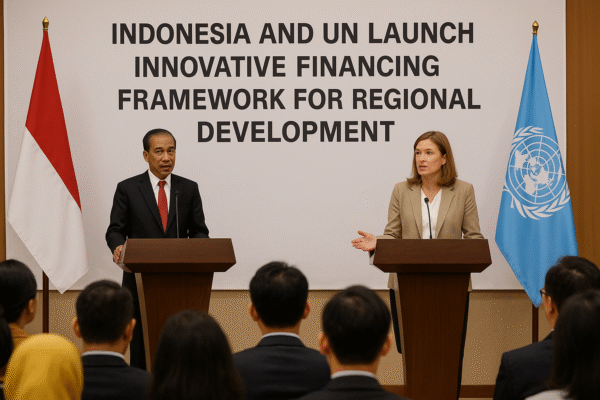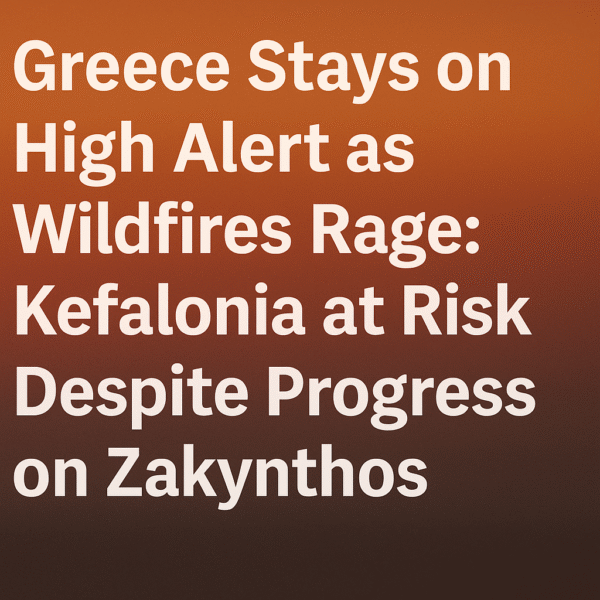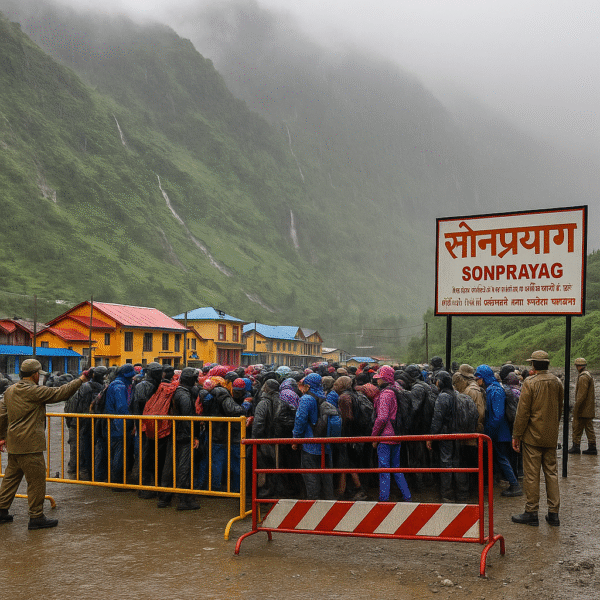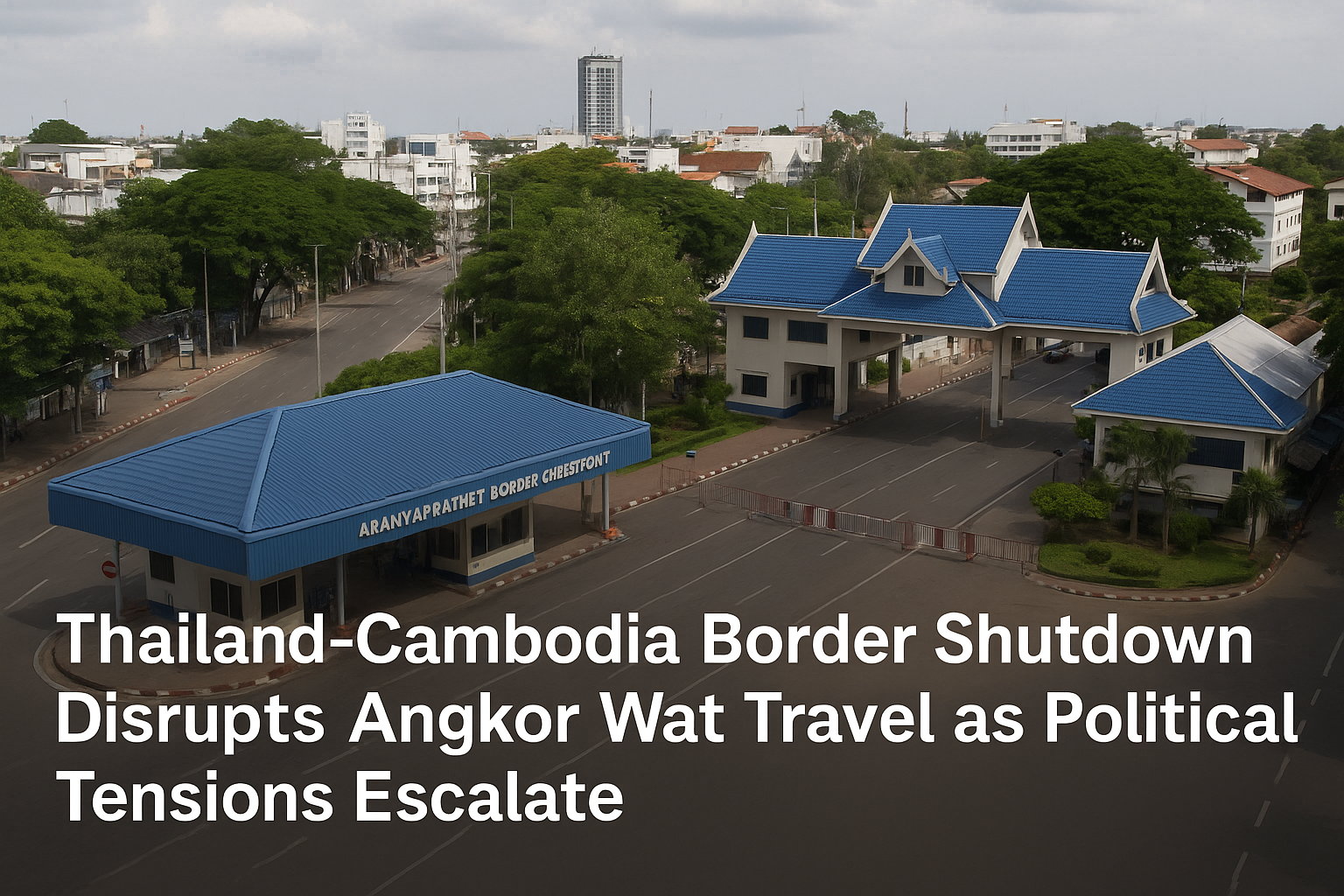Thailand-Cambodia Border Crisis Blocks Key Route to Angkor Wat, Disrupting Regional Tourism
In a dramatic escalation of regional tensions, Thailand has announced the closure of land borders in six provinces adjacent to Cambodia, effectively halting overland travel to one of Southeast Asia’s most iconic destinations—Angkor Wat. The closure, triggered by a worsening diplomatic and military standoff between the two countries, includes the critical Aranyaprathet-Poipet crossing, a favored route for tourists journeying from Bangkok to Siem Reap.
The Thai government issued a travel alert on June 30, 2025, cautioning travelers to avoid the affected regions. This sudden development is already causing widespread disruption for international tourists, particularly budget travelers and backpackers who rely heavily on affordable cross-border buses and trains. The closure has not only stranded many visitors but has also reshaped regional travel dynamics at a critical moment for Southeast Asia’s tourism recovery.
Historical Disputes Fuel Present-Day Fallout
The root of the latest crisis lies in a protracted border dispute dating back over a century. While periodic flare-ups have occurred in the past, recent military clashes have reignited hostilities. In May 2025, a fatal skirmish between Thai and Cambodian forces resulted in the death of a Cambodian soldier, triggering nationalist outrage on both sides and forcing a hardline response from their respective governments.
Compounding the crisis was the emergence of a leaked audio recording between Thai Prime Minister Paetongtarn Shinawatra and Cambodian Senate President Hun Sen. The recording, which depicted Shinawatra referring to Hun Sen as her “uncle” and describing a Thai military officer as her “enemy,” ignited political firestorms within Thailand, casting doubts on her allegiance and inflaming public sentiment.
Political Turmoil and Border Closures
Thailand’s internal political structure is now under severe stress. The Bhumjaithai Party, a key coalition partner in the ruling government, has withdrawn its support, leading to parliamentary instability and intensifying public protests across major cities. Calls for Shinawatra’s resignation have grown louder, and fears of a potential military intervention loom over a nation with a history of coups.
In response to the rising tensions, Thai authorities have closed all land crossings with Cambodia in the provinces of Sa Kaeo, Surin, Si Sa Ket, Ubon Ratchathani, Buriram, and Trat. The Aranyaprathet-Poipet border checkpoint—one of the most popular and economically vital crossings—was among the first to be sealed.
Tourism and Economy Take a Direct Hit
The immediate fallout has reverberated through the tourism industry. For years, the Aranyaprathet-Poipet land route served as a budget-friendly gateway for international tourists traveling between Bangkok and the Angkor Wat temple complex in Siem Reap. With the crossing closed, travelers now face higher costs and limited options, with air travel being the only alternative for most.
Local economies on both sides of the border are already feeling the impact. Guesthouses, transport services, and travel agencies in Thai border towns like Aranyaprathet and Cambodian hubs like Poipet and Siem Reap report cancellations and revenue losses. The situation threatens livelihoods and small businesses that depend heavily on consistent tourist footfall.
According to the Tourism Authority of Thailand (TAT), more than 1.2 million travelers used the Aranyaprathet-Poipet route annually before the pandemic. The current disruption risks reversing hard-earned gains in the post-pandemic tourism recovery period.
Economic Ramifications Go Beyond Tourism
Cambodia responded swiftly by banning imports of key Thai goods including petroleum, consumer products, and packaged food. The move is seen as both a retaliatory step and a pressure tactic aimed at forcing diplomatic concessions. Cross-border trade, which fuels local economies and supports thousands of small businesses, is now under severe threat.
Thailand’s border towns—long seen as vital transit and commerce zones—now face the twin blows of trade stagnation and declining tourism. Logistic chains between Bangkok and Phnom Penh have been paralyzed, triggering concerns over inflation and product shortages in some Cambodian markets.
Security Fears and Regional Implications
As protests escalate in Thailand and diplomatic talks remain stalled, the risk of military intervention is a growing concern. Thailand’s last military coup occurred in 2014, and many analysts fear the armed forces may intervene again if political instability worsens. Such a scenario would further erode investor confidence and stall inbound tourism growth.
For international travelers, the situation presents serious planning challenges. Multi-country trips across Southeast Asia—especially the popular Bangkok-Siem Reap-Ho Chi Minh trail—are being re-evaluated. Travel agencies across Europe, Australia, and Asia are now adjusting packages, encouraging air-only itineraries or advising clients to delay cross-border trips.
Limited Exceptions and Humanitarian Considerations
Thai authorities have confirmed that students and medical patients remain exempt from the border closures. However, the processing of humanitarian exceptions is slow, and confusion remains widespread. Travelers are advised to consult official government advisories before making any new bookings or cross-border arrangements.
Diplomatic Path Forward
Regional observers, including ASEAN partners and international agencies, have urged both Thailand and Cambodia to de-escalate the situation through diplomacy. With tourism accounting for a significant share of GDP in both countries—18% for Cambodia and around 12% for Thailand—the stakes are high.
A return to stability is not only vital for regional travelers but also for maintaining Southeast Asia’s reputation as a seamless, multi-country travel corridor.
Conclusion:
The Thailand-Cambodia border shutdown is a stark reminder of the fragile interplay between geopolitics and tourism. Until the Aranyaprathet-Poipet crossing and other key routes reopen, travelers will continue to face uncertainty, added costs, and logistical headaches. For the region’s tourism industry, swift diplomatic resolution and political stability remain the only path forward.
For more travel news like this, keep reading Global Travel Wire
















